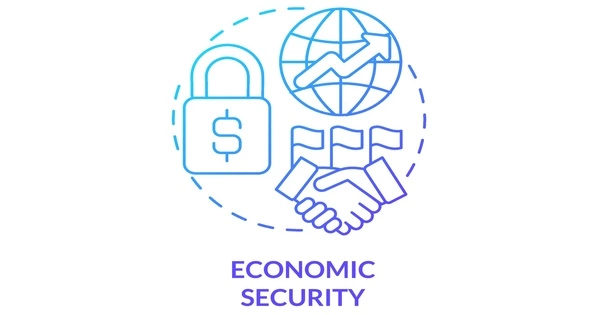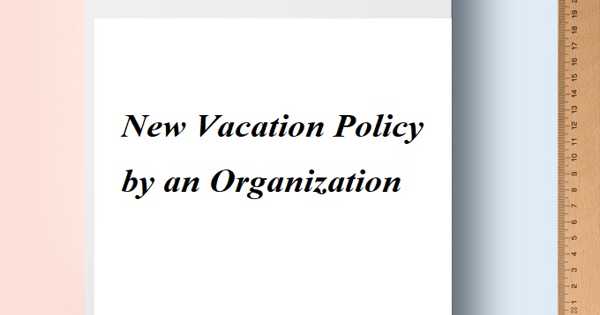Economic Security is defined as having a stable and reliable income or financial resources sufficient to meet one’s basic needs and provide a certain level of comfort and stability. It is the assurance that individuals, households, and communities have access to the economic resources they need to survive and weather unexpected financial challenges. The condition of having a stable income or other resources to support a standard of living now and in the foreseeable future is known as economic security or financial security. It includes:
- probable continued solvency
- predictability of a person’s or other economic entity’s future cash flow, such as a country
- employment security or job security
Individual and family money management and savings are more commonly referred to as financial security. Economic security typically includes the broader impact of a society’s production levels as well as monetary assistance for non-working citizens.
Here are some key aspects of economic security:
- Employment: A stable and secure job is essential for financial security. It provides a consistent source of income and frequently includes benefits such as health insurance, retirement plans, and paid time off.
- Income: A sufficient and consistent income is required to meet basic needs such as food, shelter, education, healthcare, and other necessities. A diverse income stream, such as multiple sources of income or savings, can improve financial security.
- Savings and Emergency Funds: Savings and emergency funds are critical components of financial security. Individuals and families can avoid financial distress by saving money for unexpected expenses or financial emergencies.
- Social Safety Nets: Governments often implement social safety net programs to provide a minimum level of economic security for their citizens. These programs can include unemployment benefits, welfare assistance, healthcare coverage, and subsidized housing, among others.
- Education and Skills: Access to quality education and the development of relevant skills are crucial for economic security. Education equips individuals with the knowledge and skills needed to secure stable employment and adapt to changing job market demands.
- Access to Financial Services: Access to banking services, credit, and insurance can improve economic security by allowing for savings, borrowing for investments, and risk protection.
- Retirement Planning: Retirement planning is an important aspect of financial security. Contributing to retirement savings plans such as pensions or individual retirement accounts (IRAs) ensures financial security in retirement.
Government policies are important in promoting economic security. Policies that promote job creation, income equality, social protection programmes, and affordable healthcare and education help to ensure overall economic security.
















